This set of modules focuses on inclusive and equitable practices to support learners ages 13-20 in a range of different settings.
Community
This series of modules offers guidance on how we can build welcoming communities, create strong partnerships with families, and foster a real sense of belonging. You’ll also learn how to put anti-racist and anti-bias practices into action and have meaningful conversations about disability. The goal is to give individuals and organizations the tools to create supportive, diverse, and inclusive spaces.

1. Building Inclusive Community Practices
This module explores building responsive communities by understanding members’ identities and priorities to create culturally sustaining organizations.
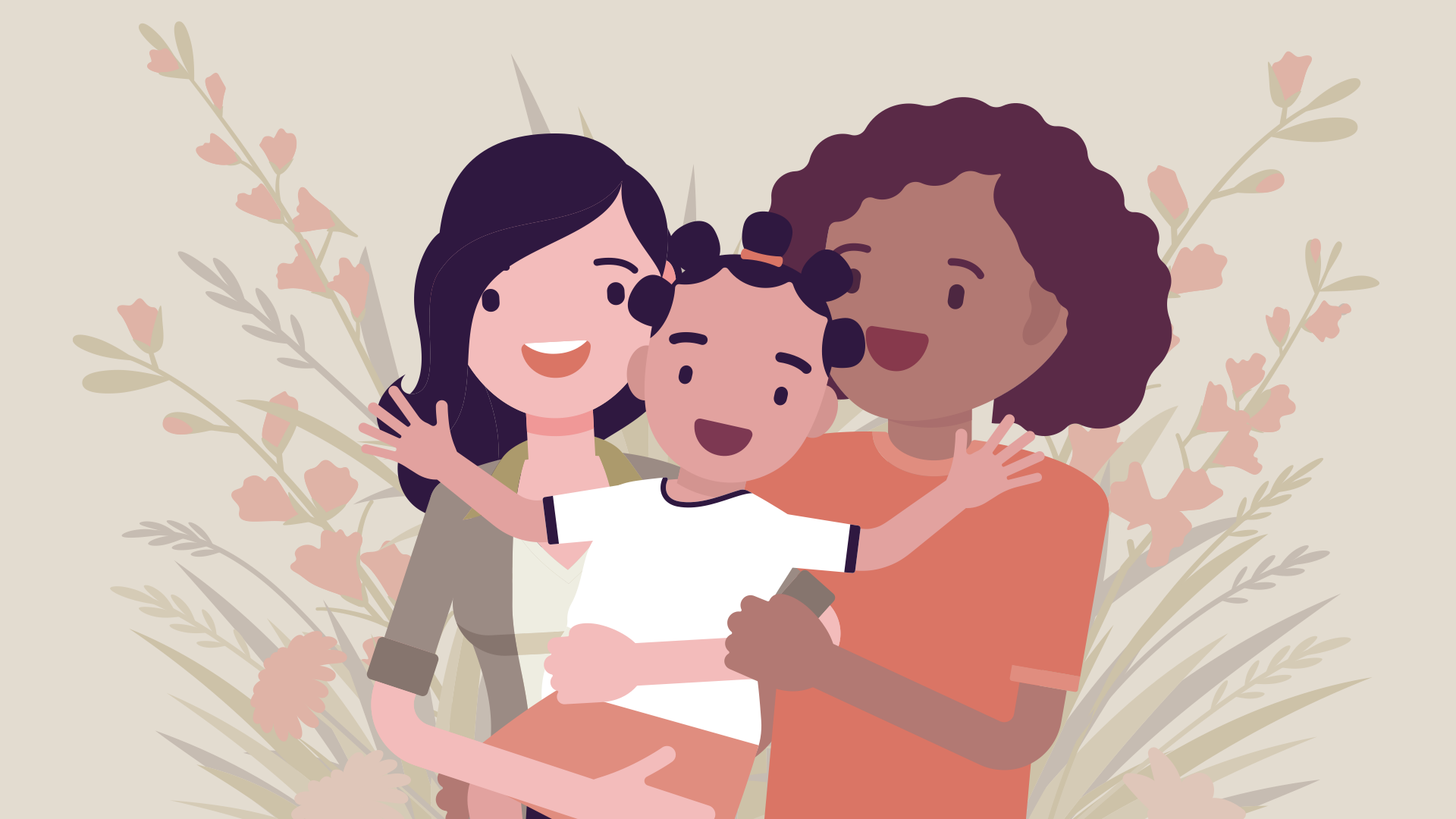
2. Creating Effective Family Partnerships
Relationships are the heart of our work. This module talks about ways to build meaningful relationships and partnerships with families in your program.

3. Fostering Membership & Belonging
In truly inclusive programs, every member should feel a sense of belonging. This module talks about how we can do this for all learners and their families.
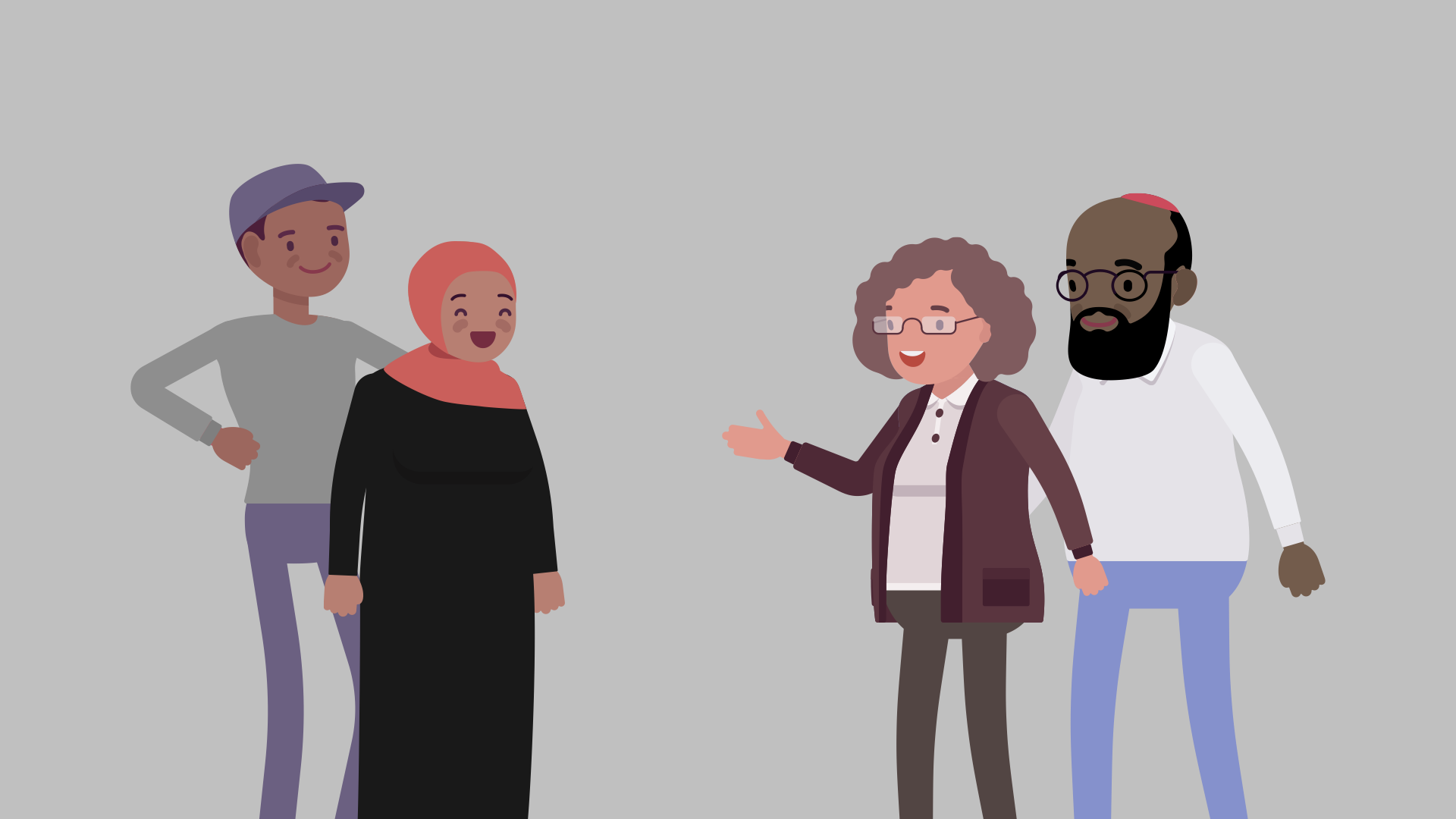
4. Supporting Anti-Racist and Anti-Biased Practices
This module will talk about implicit bias, and what it means to be anti-racist and engage in anti-racist work.
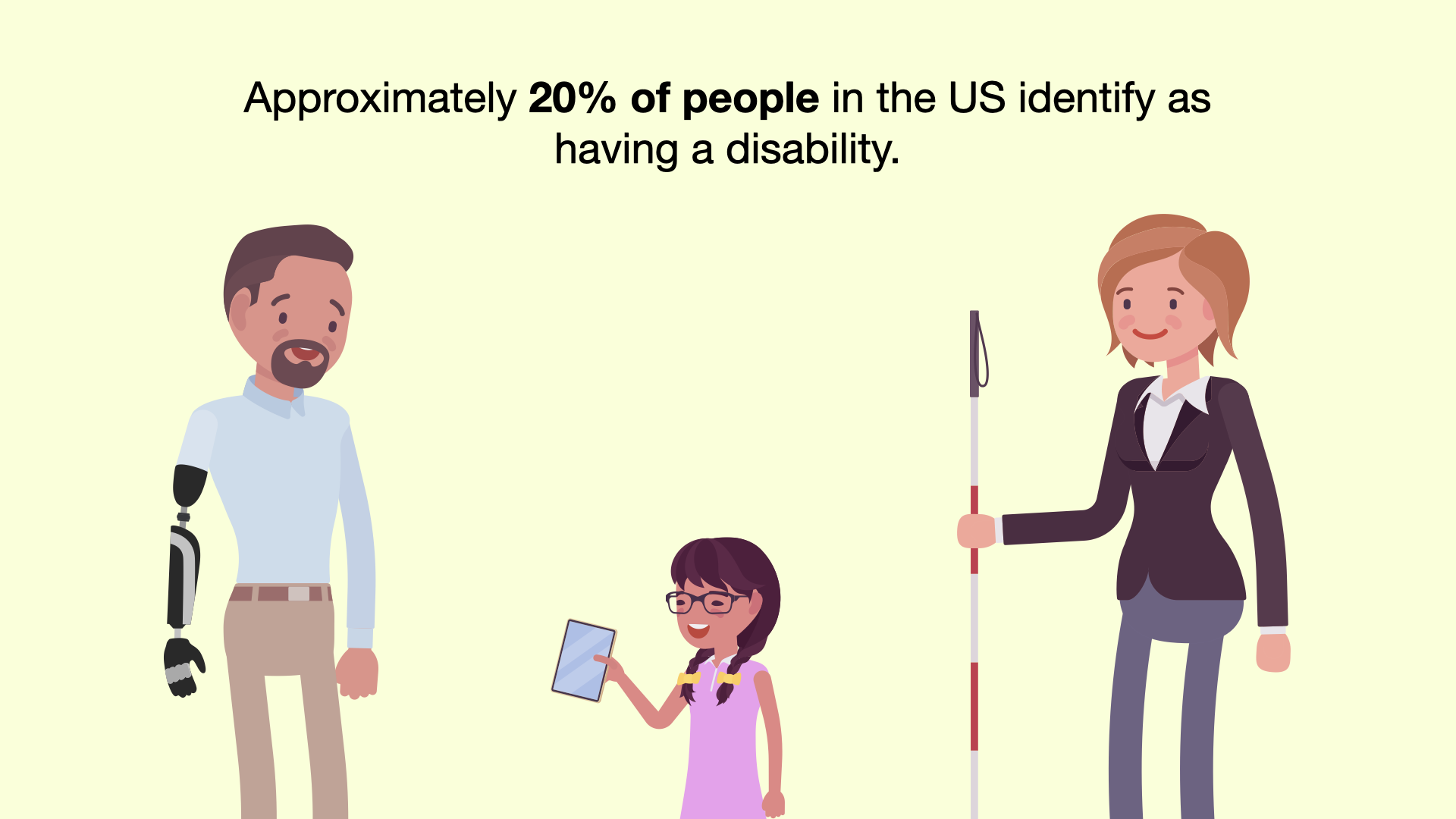
5. Strategies for Talking about Disability
While many people feel uncomfortable talking about disability, this is key aspect of inclusive programs. Its important for programs to talk about disability the same way we talk about any other aspect of someone’s identity..
Learner-Focused Practices
This set of modules offers tips on how we can support all children in different settings. You’ll learn how to create high-quality learning environments, support different communication styles, teach routines, use visual aids, adapt activities to promote engagement, and recognize that all behavior is a form of communication. Plus, you’ll explore ways to provide individualized support, support independence, and collaborate with other team members. The goal is to give you the tools to help every child fully participate in your program.
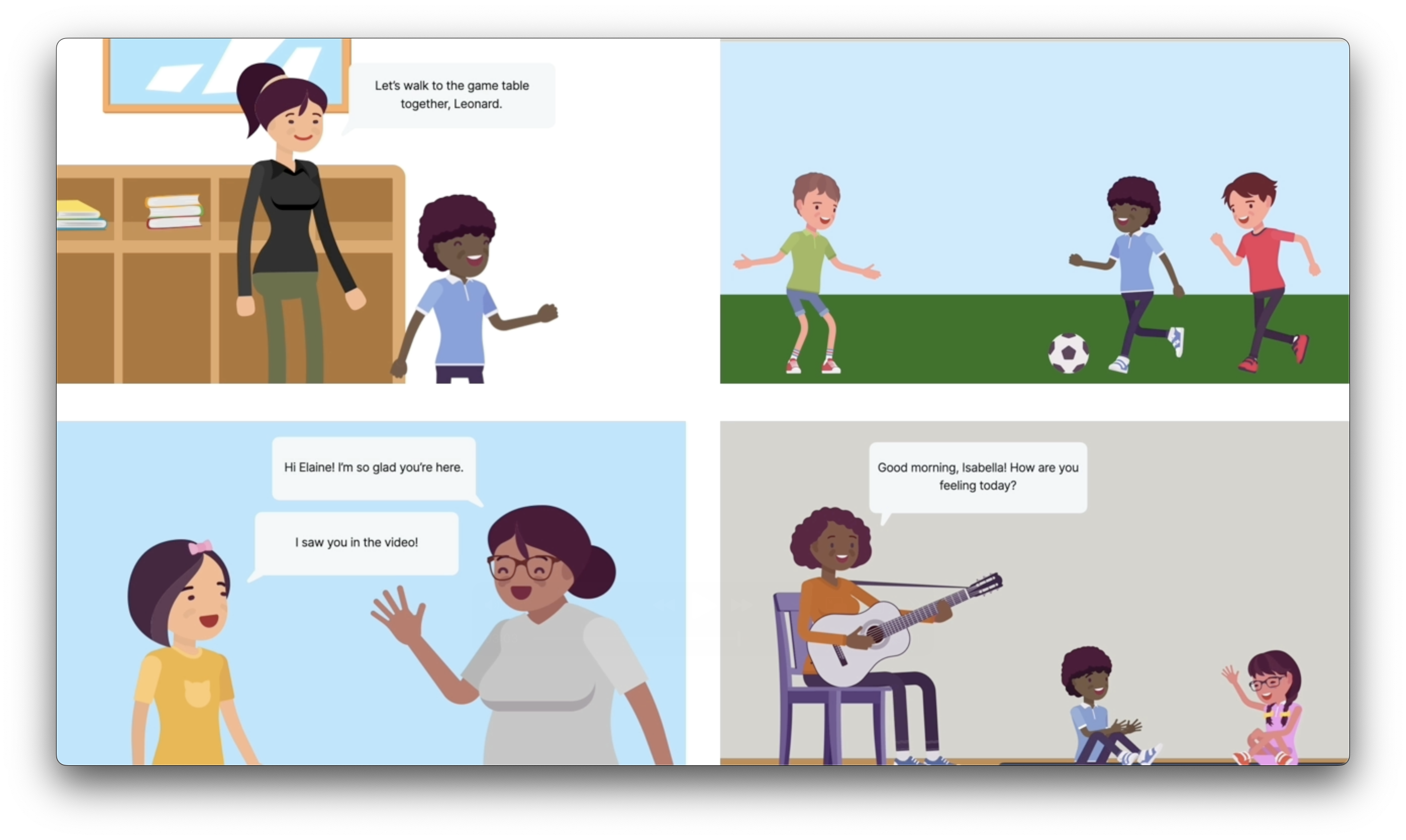
1. Inclusion: What It Means and Why It Matters
“Inclusion” means different things to different people. This module defines inclusion, highlights its benefits, and explores how to create supportive, welcoming environments for all.

2. Creating High Quality Environments Using UDL
This module explores how Universal Design for Learning (UDL) helps create inclusive spaces and activities. Designing with UDL in mind reduces the need for additional supports, making it easier for all learners to participate.

3. Supporting Communication for All Learners
Learners with disabilities communicate in many different ways. This module covers the range of ways we can intentionally help all learners communicate their wants, needs, ideas, and more.
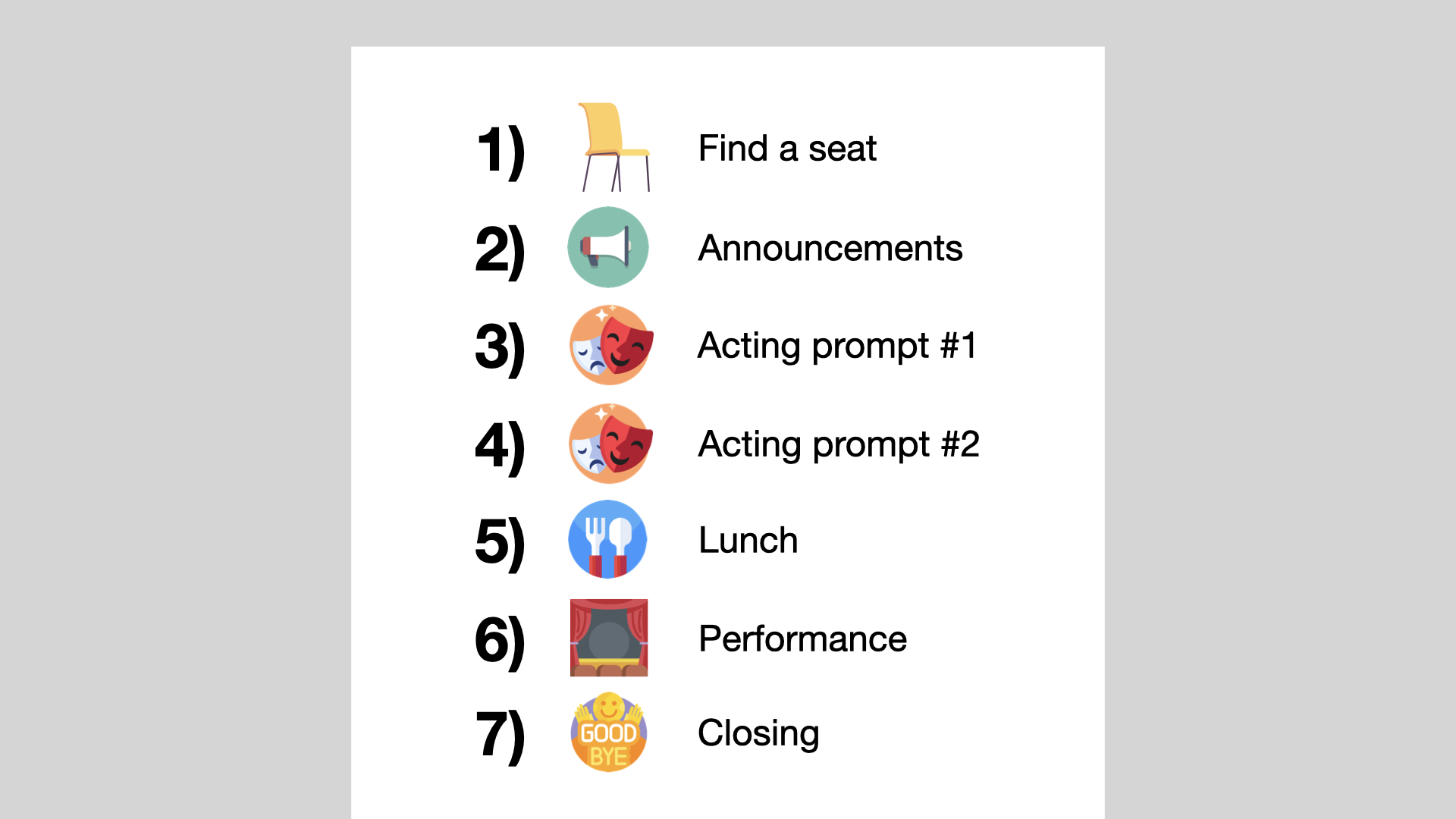
4. Setting Learners up for Success: Teaching Routines and Expectations
Before we can expect learners to follow the rules and stay on task, we have to teach them exactly what to do. This module is all about providing instruction on the routines and expectations for learners in your program.
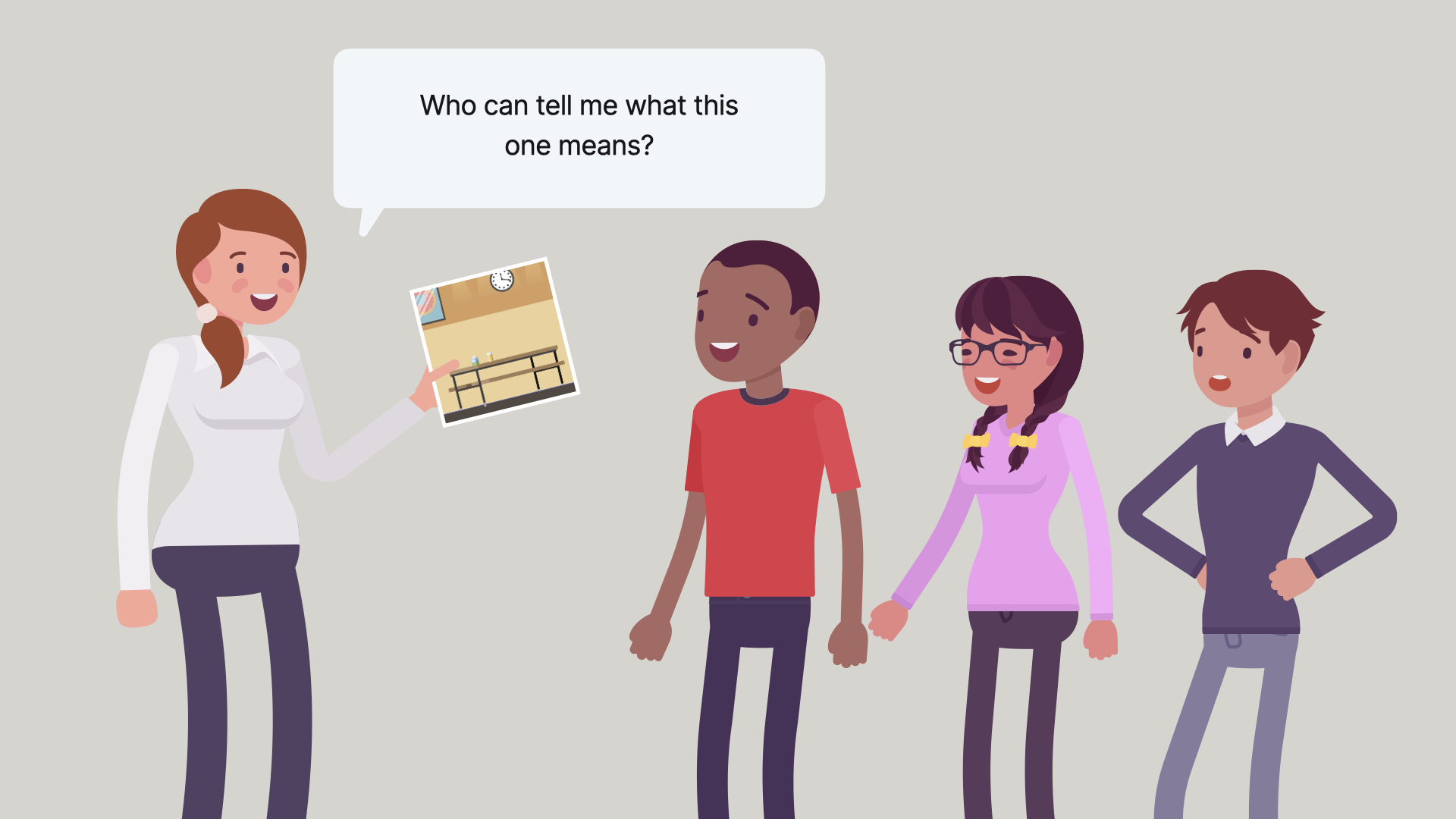
5. Using Visual Supports
This module will discuss how to use visual supports to enhance and increase participation for all learners, and especially for those with disabilities.
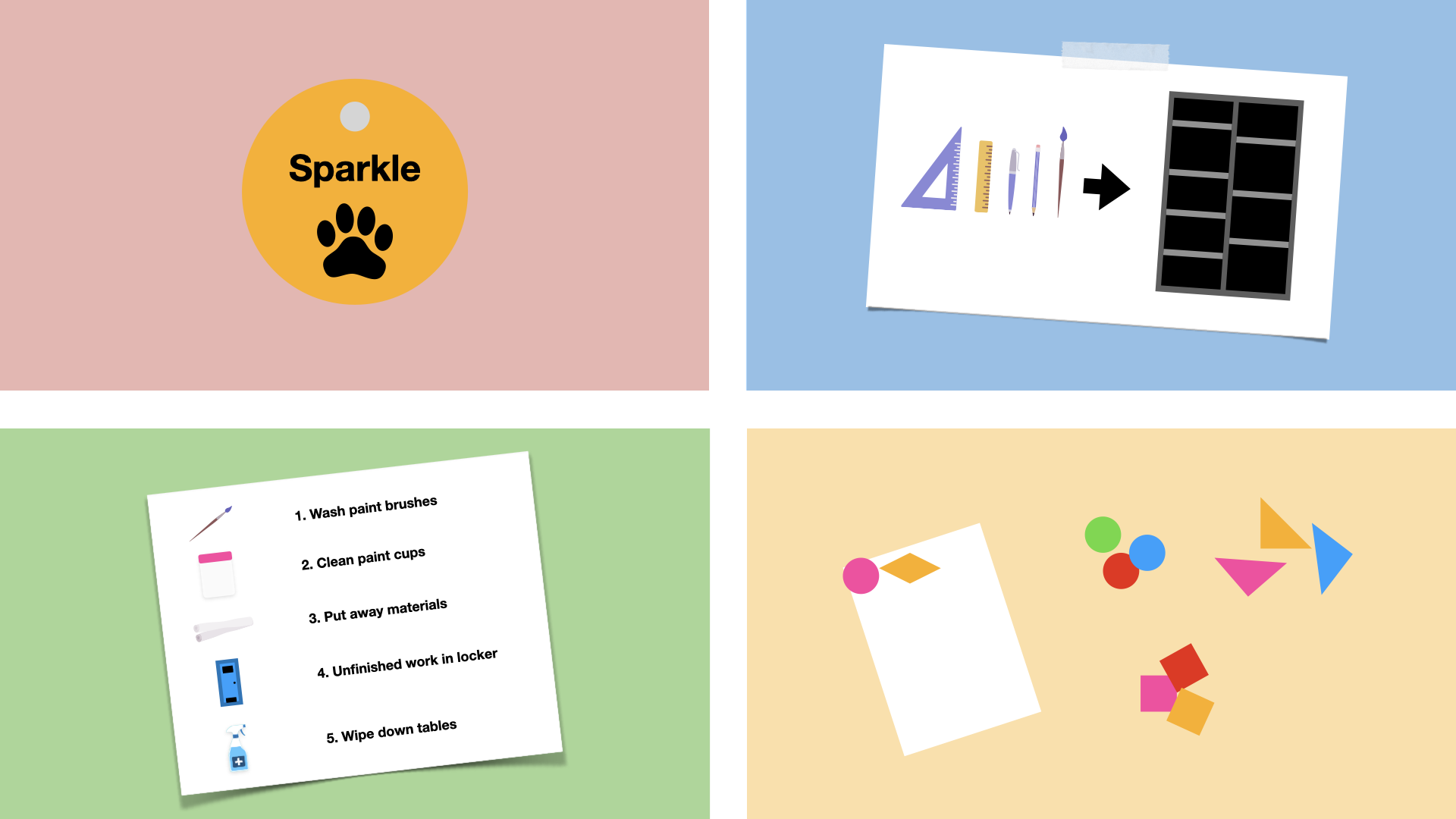
6. Modifying Activities to Support Active Engagement Part 1
Modifications are quick, easy changes we can make to our environment, materials, and activities, and are a great way to boost participation! This module explains how you can use these to support learners in your program.
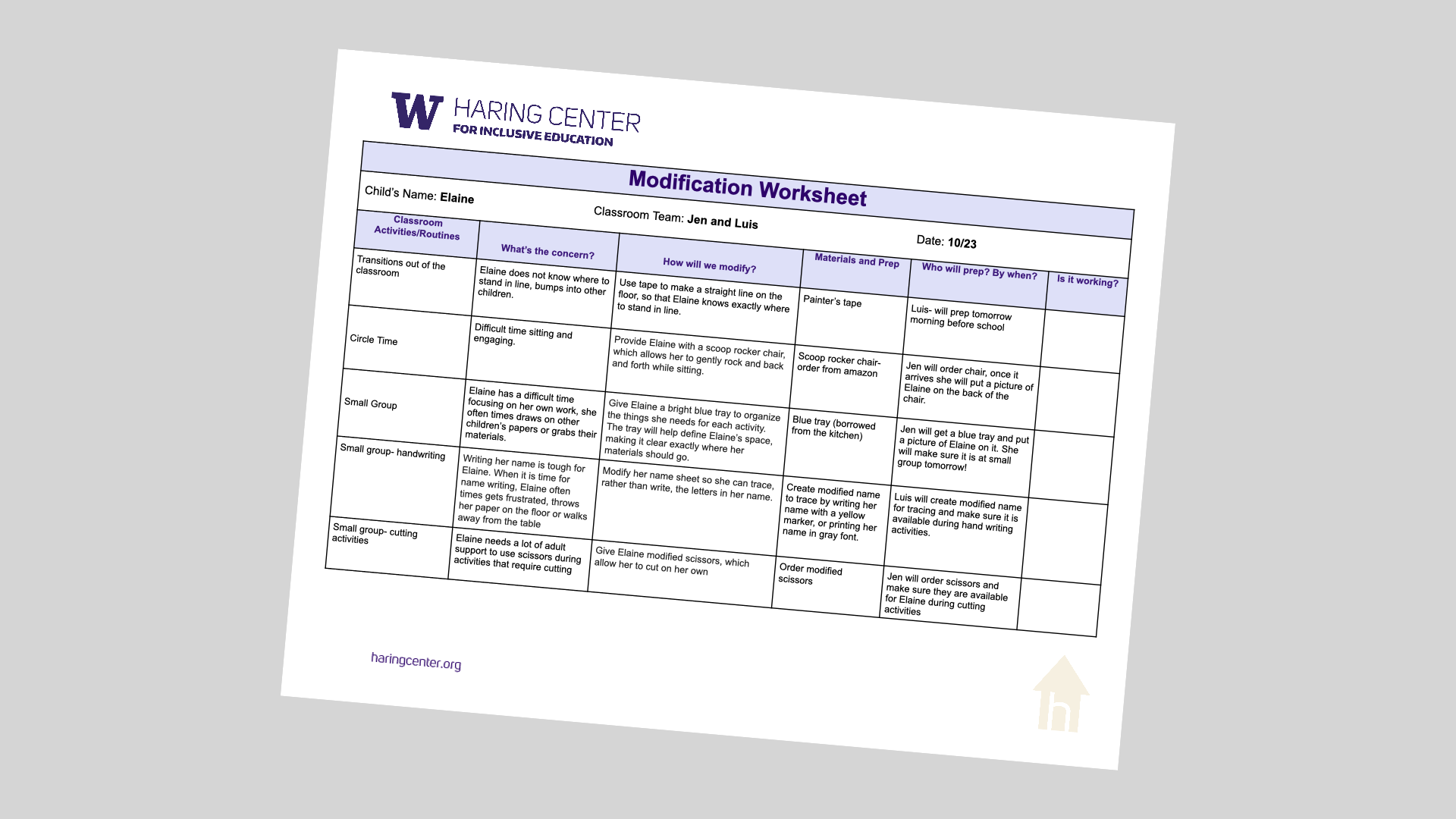
7. Modifying Activities to Support Active Engagement Part 2
This module offers tools to help identify which children in your program could benefit from modifications, along with tips for discussing modifications with a group of leaners.

8. Behavior is Communication
It can be stressful when learners display challenging behaviors, but it’s important to remember that all behavior reflects an unmet need and serves as a way of communicating. This module discusses ways to understand and support these behaviors.
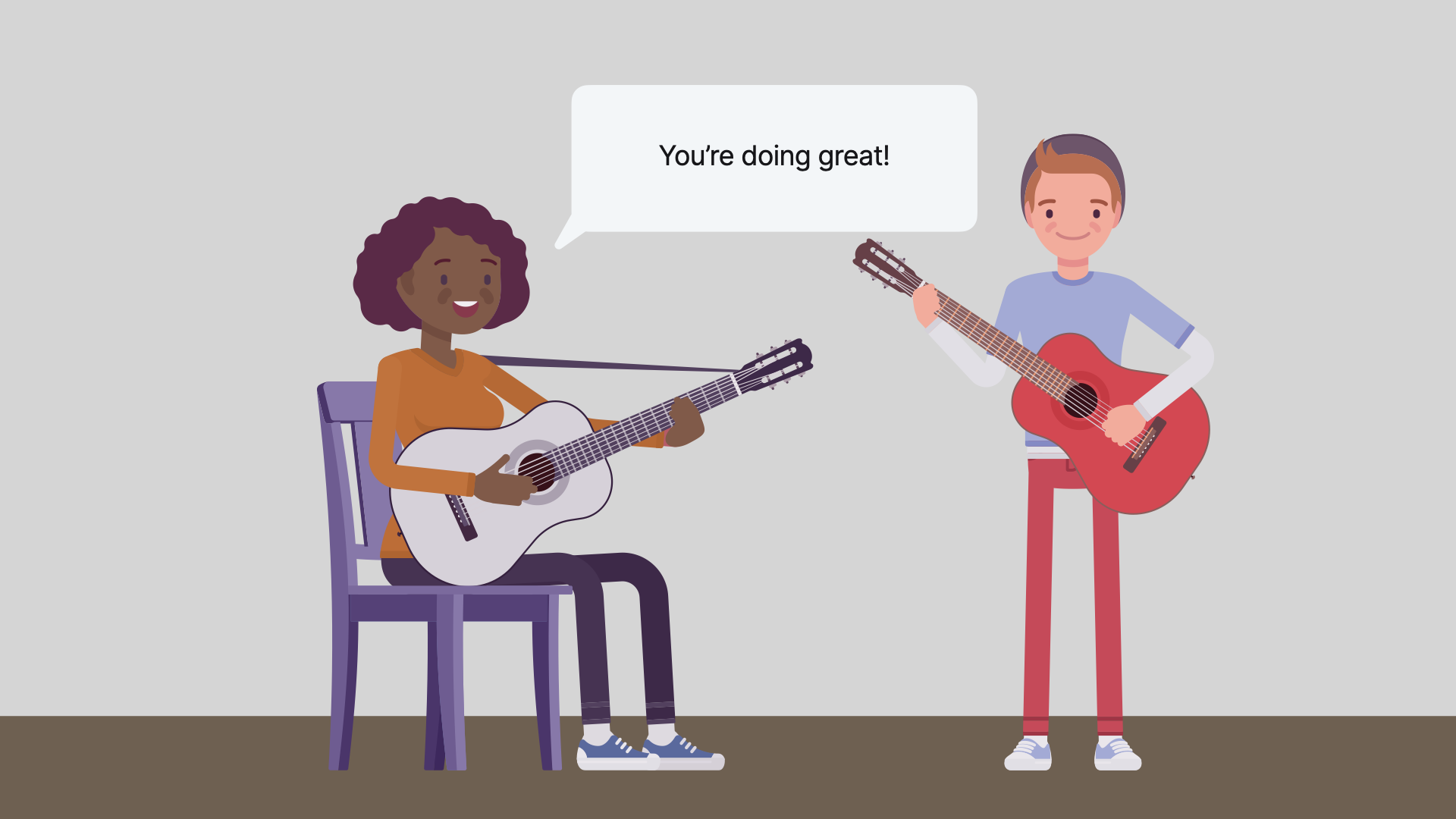
9. Providing Individualized Support
Even with modifications and supports in place, some learners will still need individualized help. This module covers how we can provide extra support to those learners.
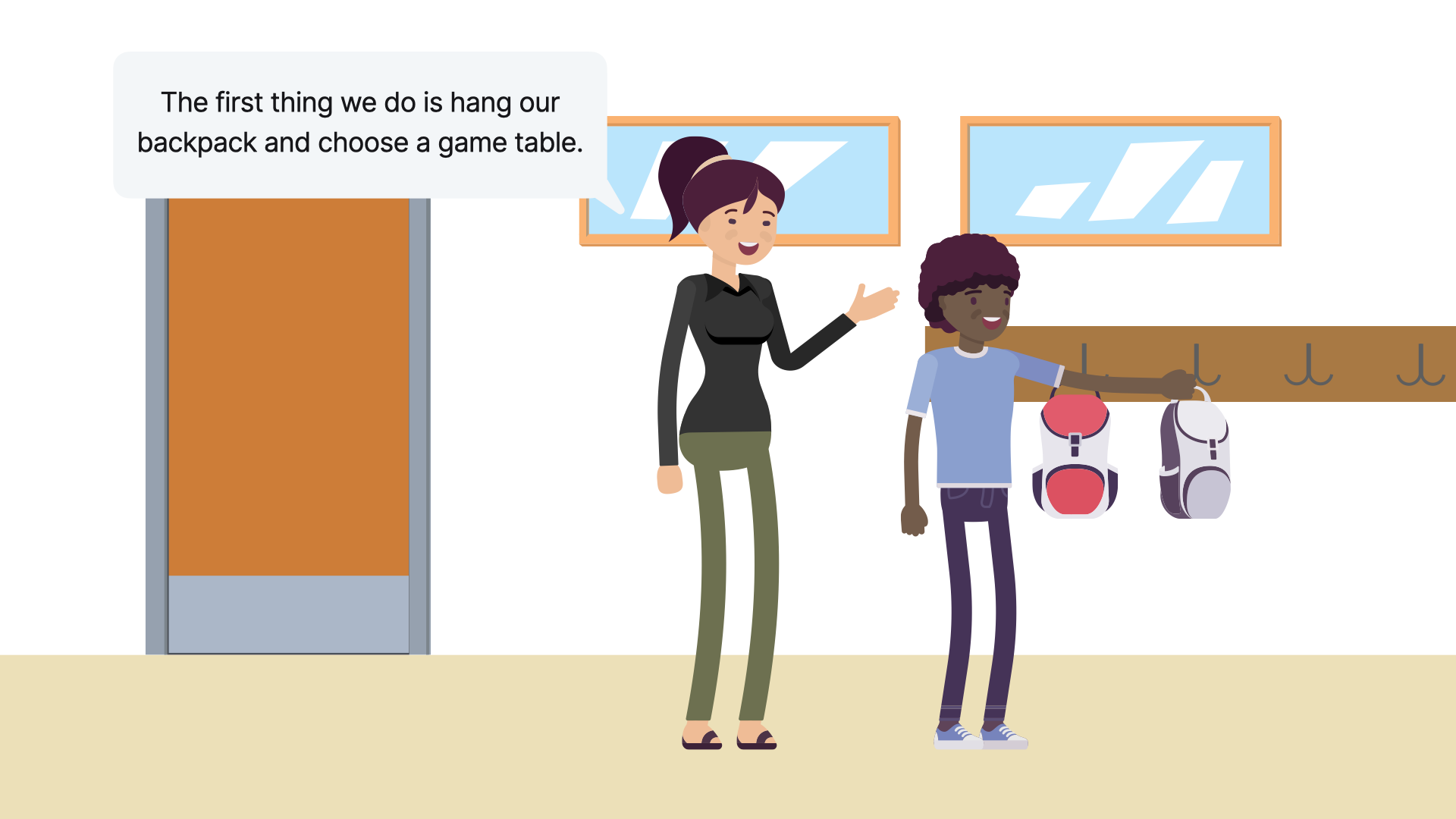
10. Building Independence for All Learners in Inclusive Settings
We should always be thinking about how to help learners do things on their own. This module talks about why it’s important to let them be as independent as possible and shares tips on how we can slowly step back our support.
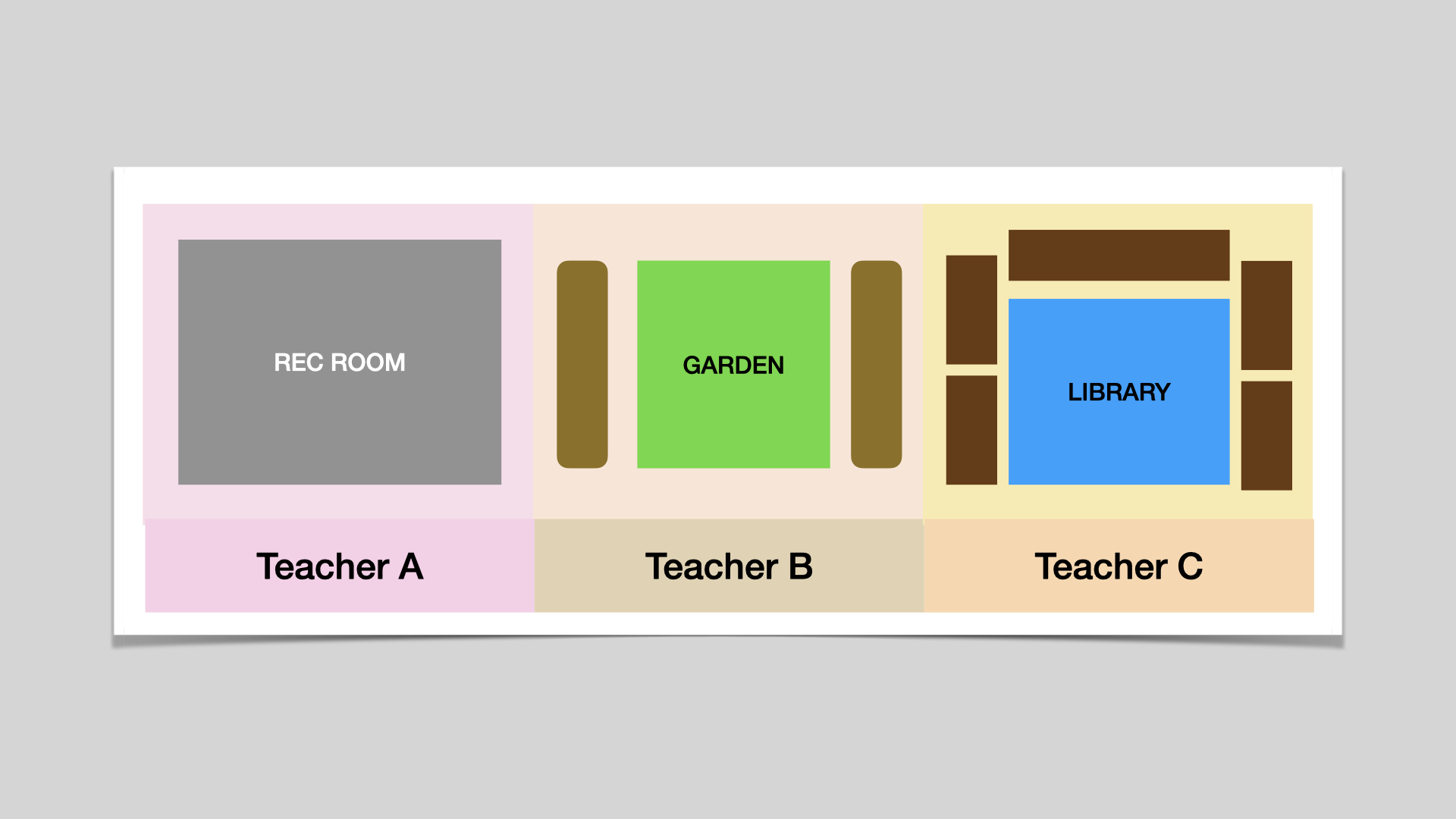
11. Teaming and Collaboration in Inclusive Settings
Inclusive settings rely on the expertise and collaboration of many different people. This module covers ways teams can effectively and efficiently work together, even when we are short on time.